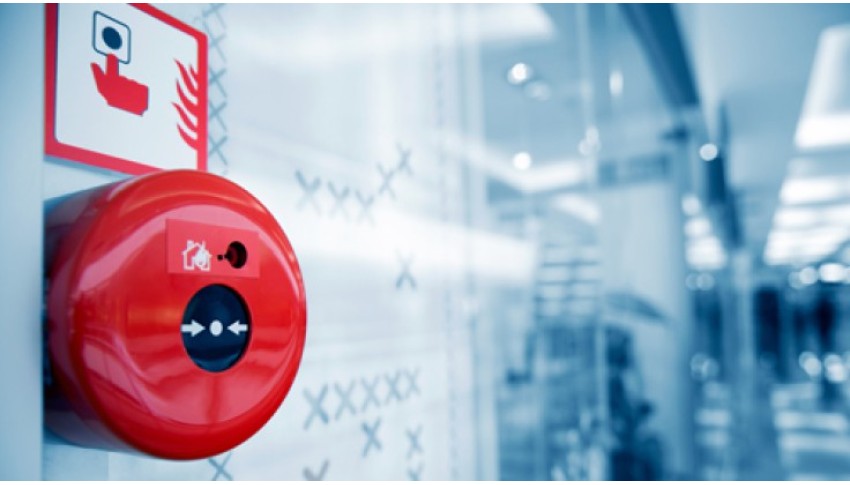Addressable system and conventional system differences
Addressable and conventional systems are two different methods used in fire detection systems.
Conventional systems make connections between sensors in parallel. In these systems, when the sensor fails, it is more difficult to detect and repair the malfunction. These systems are generally older and less developed security systems.
As a result, addressable systems are more scalable and flexible, especially suitable for large and complex systems. Conventional systems are simpler and less costly.
Addressable systems are especially recommended for large and complex structures. For example, addressable systems can be used in places such as large shopping malls, schools, hospitals, factories. It can also be used in important industrial or commercial areas. Addressable systems allow sensors to be quickly and easily detected or repaired when they fail.
Conventional systems are recommended for smaller and simpler structures. For example, conventional systems can be used in places such as homes, small businesses. It can also be used in less important industrial or commercial areas. Since conventional systems are less costly, they may be suitable for people who want to provide security with less budget. In these systems, when the sensor fails, it is more difficult to detect and repair the malfunction. They are usually older and less developed security systems.
In addition to all these, some conventional detection, monitoring and control equipment can be included in the addressable detection system lines through input modules, and the detector or equipment can be operated in the system by addressing its capability. Thus, an addressable and conventional hybrid structure can be created.Where addressable and conventional systems will be used may vary depending on the need for security and the existing structure.
In conclusion, both systems have advantages and disadvantages. Which system will be used should be determined according to the needs and budget of the existing structure.
Leave a Reply
Your email address cannot be published. Required fields are marked*










Comments: 1